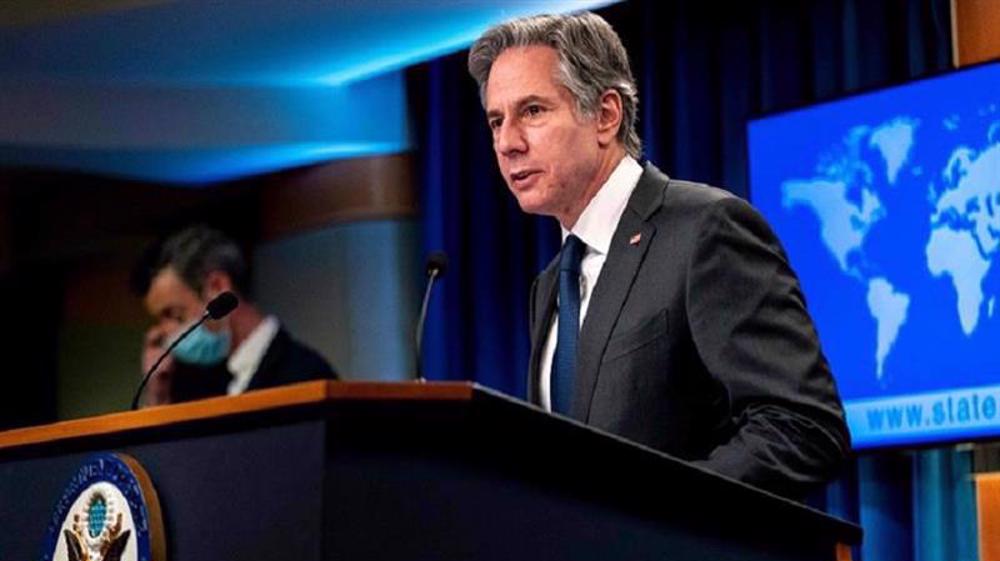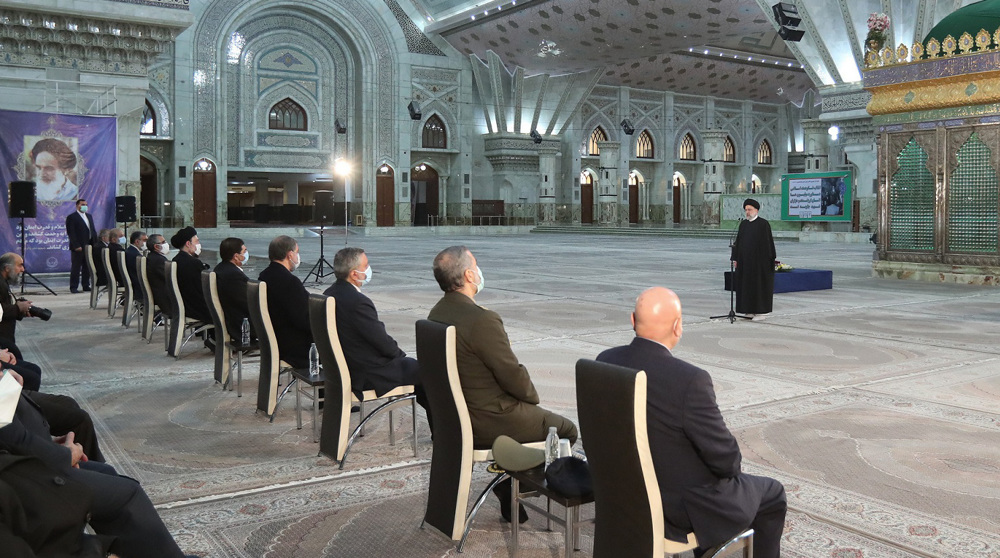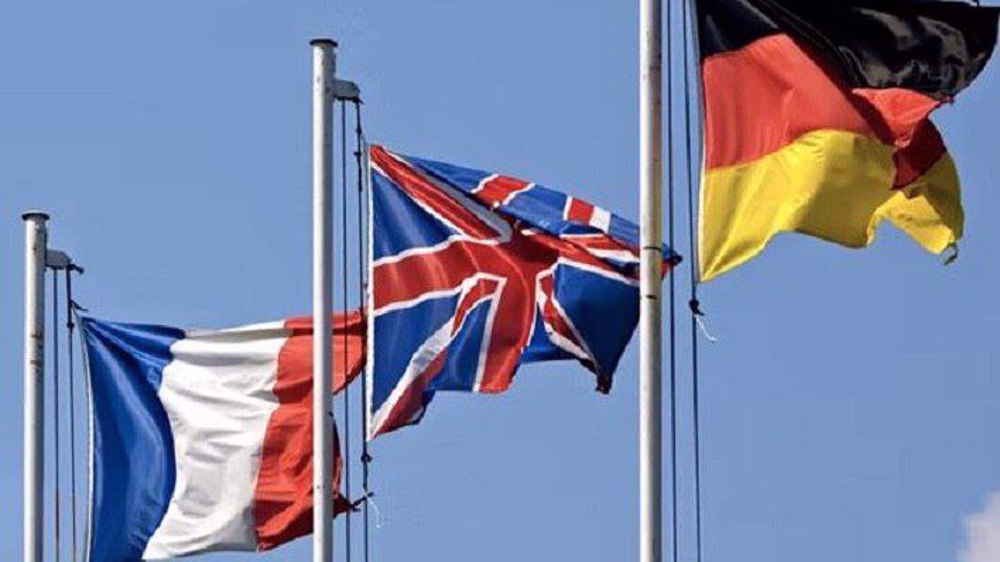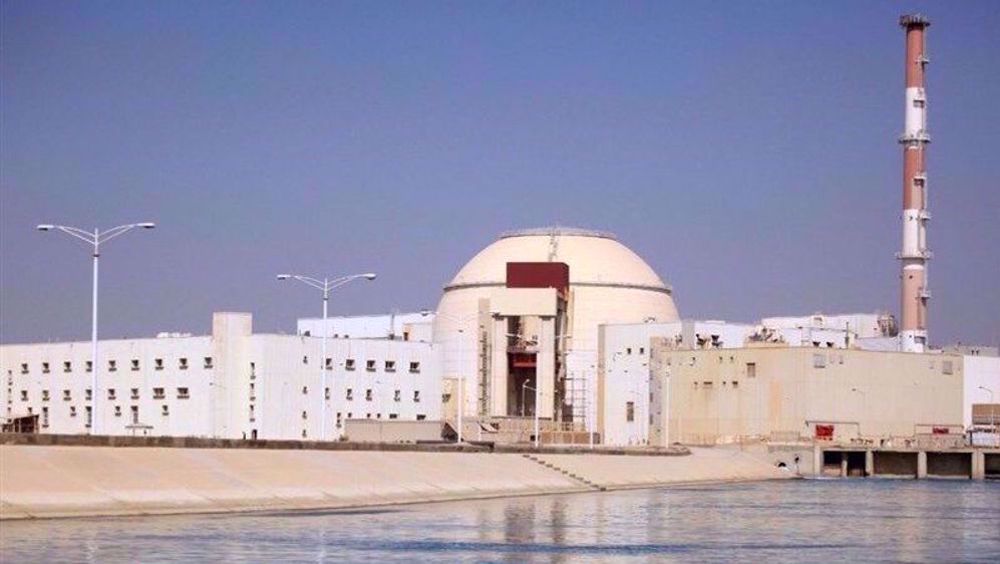US restores sanctions waiver to countries cooperating with Iran under JCPOA
The administration of US President Joe Biden has provided some sanctions relief to the countries that had nuclear cooperation with Iran under the terms of the 2015 multilateral agreement.
US Secretary of State Antony Blinken on Friday signed several sanctions waivers related to the Joint Comprehensive Plan of Action (JCPOA).
Former US President Donald Trump unilaterally left the JCPOA in May 2018 and re-imposed the anti-Iran sanctions that the deal had lifted. He also placed additional sanctions on Iran under other pretexts not related to the nuclear case as part of his “maximum pressure” campaign.
Following a year of strategic patience, Iran decided to let go of some of the restrictions on its nuclear energy program, resorting to its legal rights under the JCPOA, which grants a party the right to suspend its contractual commitments in case of a non-performance by the other side.
The latest US move reverses the Trump administration’s decision and lifts the sanctions threat against foreign countries and companies from Russia, China and Europe that had been cooperating with Iran under the terms of the JCPOA, AP reported.
A senior US State Department official said the technical discussions facilitated by the waiver are necessary in the final weeks of the Vienna talks, adding that it was not a signal that the US was about to reach an understanding to return to the 2015 deal, according to Reuters.
"Absent this sanctions waiver, detailed technical discussions with third parties regarding disposition of stockpiles and other activities of non-proliferation value cannot take place," the official said.
The Trump administration had ended the so-called “civ-nuke” waivers in May 2020 as part of its “maximum pressure” campaign against Iran.
The Biden administration had voiced a willingness to compensate for Trump’s mistake and rejoin the deal, but it has retained the sanctions as leverage.
Now Biden administration officials are saying the waivers are being restored to help push the Vienna negotiations forward that began last year in April.
“The waiver with respect to these activities is designed to facilitate discussions that would help to close a deal on a mutual return to full implementation of the JCPOA and lay the groundwork for Iran’s return to performance of its JCPOA commitments,” the State Department said in a notice to Congress that announced the move.
“It is also designed to serve US nonproliferation and nuclear safety interests and constrain Iran’s nuclear activities,” the department said.
Iran has declined direct negotiations with the US over Washington's withdrawal from the JCPOA, its illegal sanctions against the country, and its refusal to remove the sanctions despite expressing willingness to rejoin the deal under a new administration.
Last week, Iran’s top security official Ali Shamkhani once again ruled out direct talks with Washington but suggested that direct dialog could become possible only if a “good agreement” is within reach in Vienna.
Speaking on Wednesday, Iranian President Ebrahim Raeisi said Trump’s so-called “maximum pressure” policy against the Islamic Republic has failed because of Iran’s maximum resistance campaign.
Raeisi said even US officials themselves have admitted to the failure of the “maximum pressure” policy.
“When the Americans officially acknowledge that they have failed in maximum pressure (policy), an ignominious failure, this a victory for the Iranian nation,” the Iranian president stated.
“Today, the nation’s maximum resistance to seditions and sanctions has borne fruit and the maximum pressure has failed,” he added.
'Gaza has won': Social media users react to ceasefire with mix of relief, joy
Iran seeks South Korea’s assistance for AI, fiber-optic projects
VIDEO | Iran's 'Eqtedar' (Power) maneuver
Israel hits HTS military target in Syria for 1st time since fall of Assad
VIDEO | Press TV's news headlines
Israel has slaughtered 13,000 students in Gaza, West Bank
VIDEO | More Zionist than Zionists: Biden’s legacy to be defined by Gaza genocide
Hamas confirms handing approval of Gaza ceasefire deal to mediators











 This makes it easy to access the Press TV website
This makes it easy to access the Press TV website